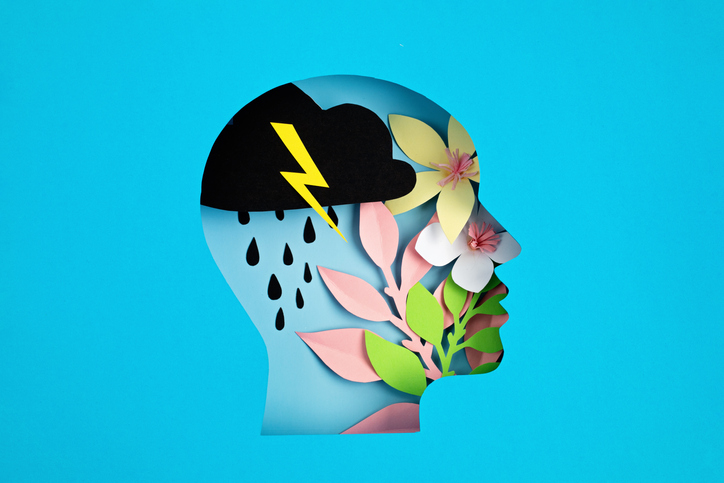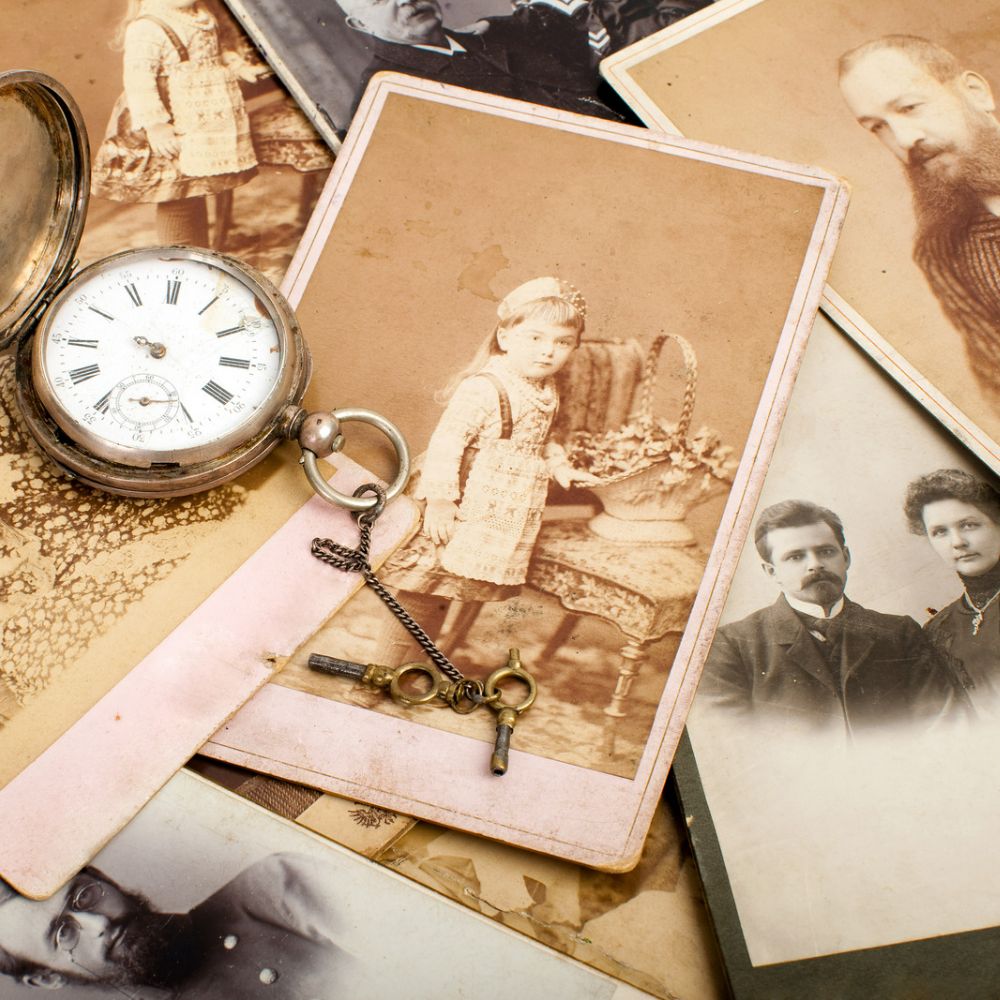All Articles & Guides / Grief / Grief Brain
What You Should Know About Grief Brain
The loss of a loved one affects us all differently. Some people are able to move forward quickly while others take much longer to find their “new normal.” Most people who lose someone close to them will experience at least a few grief-brain symptoms for a period of time.
What Is Grief Brain?
Grief brain is a temporary condition caused by the trauma of loss, especially if the death is unexpected or violent. According to current psychological theory, when someone you have a bond with is suddenly missing from your life, your brain needs time to rewire itself and accept that your person won't be returning.
Dr. Mary-Frances O'Connor, an authority on the psychological effects of the loss of a loved one explained in an interview for the podcast "Speaking of Psychology" that when you first bond with someone, your brain creates connections associated with that person. The more you see them, the more those connections are reinforced until eventually, "you and me" becomes "we." When that person is no longer present, "we actually experience it as part of us is missing, right? At a very neural and coded level, our representation of the 'we' has a hole in it."
As you begin to recover from that loss, your brain has to create different connections – ones that no longer include your loved one. This can take weeks to months, and in extreme cases known as prolonged grief disorder, it may take longer than a year.

Grief Brain Symptoms
Keeping in mind that people experience grief differently, grief-brain symptoms may include some or all of the following:
- Grief brain fog
- The inability to focus on everyday tasks
- Memory loss
- Difficulty processing information and making decisions
- Trouble communicating clearly
- Anxiety
- Chronic stress
- Loss of appetite
- Trouble sleeping

How Long Does Grief Brain Last?
There's no definitive length of time you will experience grief brain because it's different for everyone. Studies have shown that 60% of people have resilient brains that can recover within weeks to months, while 40% may take longer.
How you initially deal with the loss and the daily reminders of it and how supported you feel during the process can make a difference in your recovery from grief. It's important to remember to be gentle with yourself and others who are also experiencing the loss, and if you're still experiencing grief brain a year later, consider seeking professional help for prolonged grief disorder. That doesn't mean you shouldn't feel instances of grief after twelve months, because that's normal. You just shouldn't feel constant pain that affects your quality of life.
Through your grieving process, it may be helpful for you to speak with a counselor, join a support group, journal, or find other ways to cope. To help, we have compiled a list of support groups and additional resources we've found useful.

Related Content





